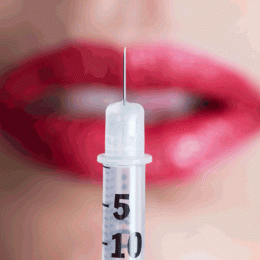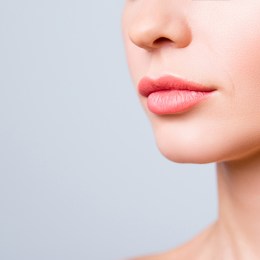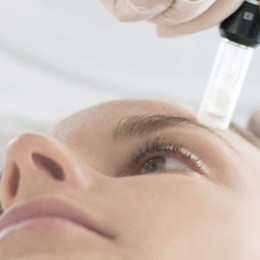Last week, the NSW Parliamentary Committee on the Health Care Complaints Commission (HCCC) released the results of their latest parliamentary hearing regarding public safety concerns throughout the cosmetic aesthetics industry.
The hearing follows an inquiry launched in February this year as a result of several cases of botched cosmetic procedures, plus several subsequent raids and investigations into illegally acquired classified drugs and cosmetic medicines.
The hearing saw the committee address the following main areas of concern:
1) illegal importation of Schedule 4 medications botulinum and dermal fillers
2) the importance of face-to-face consultations
3) experience of the medical practitioner performing the procedure
4) coercion practices by cosmetic health service providers that are incentivised to ‘upsell’ products and procedures – blurring the lines between medicine and commerce.
The Cosmetic Physicians College of Australasia’s (CPCA) President Dr Michael Molton and Past President Dr Douglas Grose, who have been working closely with NSW Health, also addressed the concerns outlined in parliament.
As a result of the hearing, 16 recommendations were made by the committee, which are to be considered by the NSW health minister. They are, in short, as follows:
1. A review of the powers of the HCCC to ensure the Commission is able to sufficiently protect patients, including having the power to:
a) to issue public warnings about specific health service providers and health organisations;
b) to issue prohibition orders in relation to specific health organisations; and
c) for search and entry to apply to all complaints and allow authorised persons to enter premises if the premises is a public place and the entry is made when the place is open to the public.
2. Protection or restriction of the title ‘cosmetic surgeon’ at a national level under the Health Practitioner Regulation National Law.
3. In addition, if the Council of Australian Governments (COAG) Health Council does not protect or restrict the title ‘cosmetic surgeon’ within a reasonable timeframe, the Minister for Health should consider separate legislation to be introduced for doctors practicing in NSW.
4. The Minister for Health should consider whether it is in the public interest to support protections and restrictions on the use of the title ‘surgeon’ either at a national level or for doctors practising in NSW.
5. The development of a targeted public education campaign to raise awareness about cosmetic services, procedure risks and where to get relevant information.
6. This public awareness campaign should incorporate various forms of advertising, media (especially social media) and other resources to target the main demographics seeking cosmetic services in terms of age, gender and cultural background.
7. The establishment of a national one-stop shop website and advice service relating to cosmetic health services to:
a) provide relevant information about procedures, practitioners and facilities to individuals seeking these services, and
b) direct individuals who are dissatisfied with a service or provider to appropriate complaint pathways including, for New South Wales, the Health Care Complaints Commission, NSW Fair Trading and NSW Health.
8. If the COAG Health Council does not agree to this website service, the Minister for Health should look at the NSW Government establishing the service.
9. NSW Health should research behaviours of, and influences on, consumers seeking cosmetic services to inform future policy, regulation and education programs in this area, funded through the National Health and Medical Research Council (NHMRC).
10. The Committee recommends that the Minister for Health pursues the issue of national regulation of the use of intense pulsed light devices and laser devices for cosmetic health service procedures with the COAG Health Council.
11. The Minister for Health should examine whether legislation should be introduced in NSW to regulate the use of intense pulsed light devices and laser devices used for cosmetic health services.
12. The Minister for Health and the Minister for Innovation and Better Regulation to consider whether individuals providing cosmetic services should be required to disclose any commissions, incentives or payments they receive for encouraging patients to agree to procedures.
13. The Minister for Health raise with the COAG Health Council the issue of whether patients seeking invasive cosmetic surgery be required to consult their General Practitioner and pursue national consultation on this issue.
14. The Committee recommends that, as part of the New South Wales public education campaign about cosmetic health services, the Minister for Health encourages patients considering invasive cosmetic surgery to seek advice from a General Practitioner.
15. A review of whether the cooling off periods for cosmetic medical and surgical procedures are sufficient enough to protect consumers. In addition, whether it would be appropriate to require cooling off periods for some cosmetic health services provided by non-registered practitioners.
16. The Committee recommends that the Minister for Health considers the feasibility of collecting data on revision surgery in the public health system, to correct cosmetic health procedures, to inform future policy and decision-making in this area.
These are at this stage simply recommendations, but a NSW Health spokesperson reportedly claimed the state government welcomed the report, and recommendations are being considered.
For more news, subscribe to our weekly newsletter.




